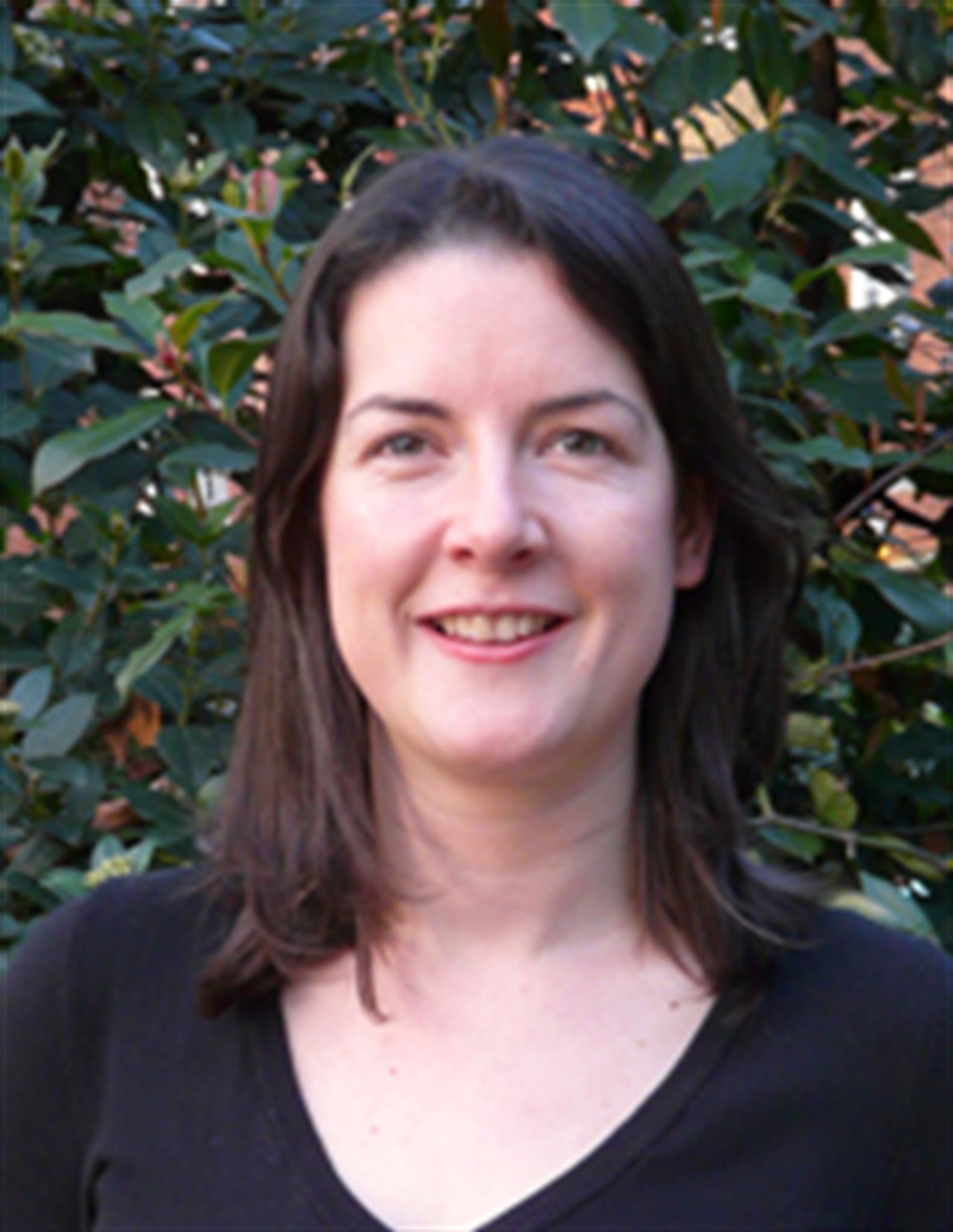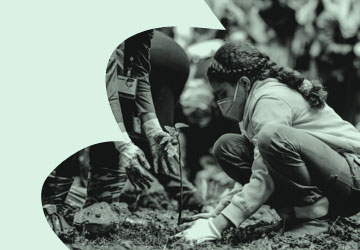Attivismo civico & Terzo settore
UK: Innovation, communities and the Big Society
Interview with Vicki Savage, Programme Leader in local innovation for The Young Foundation

Based in London, The Young Foundation works across the UK to stimulate innovation, entrepreneurship and social change. At a first glance they sound exactly the ticket for Cameron’s Big Society idea. Vicki Savage is Programme Leader in local innovation, which means she works alongside Britain’s local authorities on some of society’s trickiest issues, like youth crime and unemployment. According to her, the Big Society is certainly “the direction of travel” but she wonders how new the idea really is.
How do you define social innovation?
By social innovation we mean something that is done radically differently for social gain. It could be something that is new to a place, to a particular geography, to particular level or tier, or to an organization. It doesn’t have to be something brand spanking new to the world but it has to be something that is being done radically differently for the benefit of a community. Some of the best innovations over time have been the development of the fair trade movement, the Open University, the NHS but also holding a party for people in your street or volunteering to drive an elderly person to hospital. So everything from the small to the big.
Is Cameron’s Big Society idea innovative?
It is certainly the direction of travel and has been for some time, which is to say that there are few problems which government has all the answers to and communities are often the best place to explain what a problem really is. They have a lot of resources within them to help fix the problem and are often the experts on what is going on locally so anything that taps in to community capacity is good. In effect we are facing the biggest public deficit since the ’20s so it’s unthinkable that public services will continue to function as they have. The direction of travel is certainly to share the burden and responsibility for some of our big social needs between individuals, communities and the state. Whether or not it is new or radically different leaves room for debate.
In his “Big Society” speech at Liverpool Hope University Cameron painted a bleak picture of English communities, saying they were “dull and soulless”. Would you agree?
I think there are many communities around the country where community life is flourishing I was on an estate in Wiltshire on Wednesday talking to people about what more could be done in the community and they all demonstrated to have a real community spirit, many of them volunteering a great deal of their time for the benefit of others. Its obviously the mark of all governments to paint a picture of what has gone on before as bleak and there are certain areas that could be improved so it’s good to see them identified. Our research has shown that many communities have experienced very little social growth in recent decades: many people are lonely and isolated and many communities are disconnected and bypassed. But to say that there is little going on really undersells how lively civil society is and the idea that civic endeavor has been squeezed out by an over-mighty state is hard to square with the facts: half the population volunteers, the numbers of charities and voluntary organizations have grown steadily and and the UK has more social enterprises than any other country [62,000].
What role, if any, do you see the Young Foundation playing in the Big Society?
We hope that much of our work will be able to support this agenda. Much of our work has focused on similar aspects, such as thinking about how civil society can become involved in public services, either as volunteers, volunteer groups, or individuals, like patients or clients of public services. We are hopeful that some of the prototypes we have at the moment will catch the eye of government in terms of good practice.
So would you say you are positive to the Big Society?
Overall, yes. The challenge is whether to say that it is a new direction. But definitely the direction.

